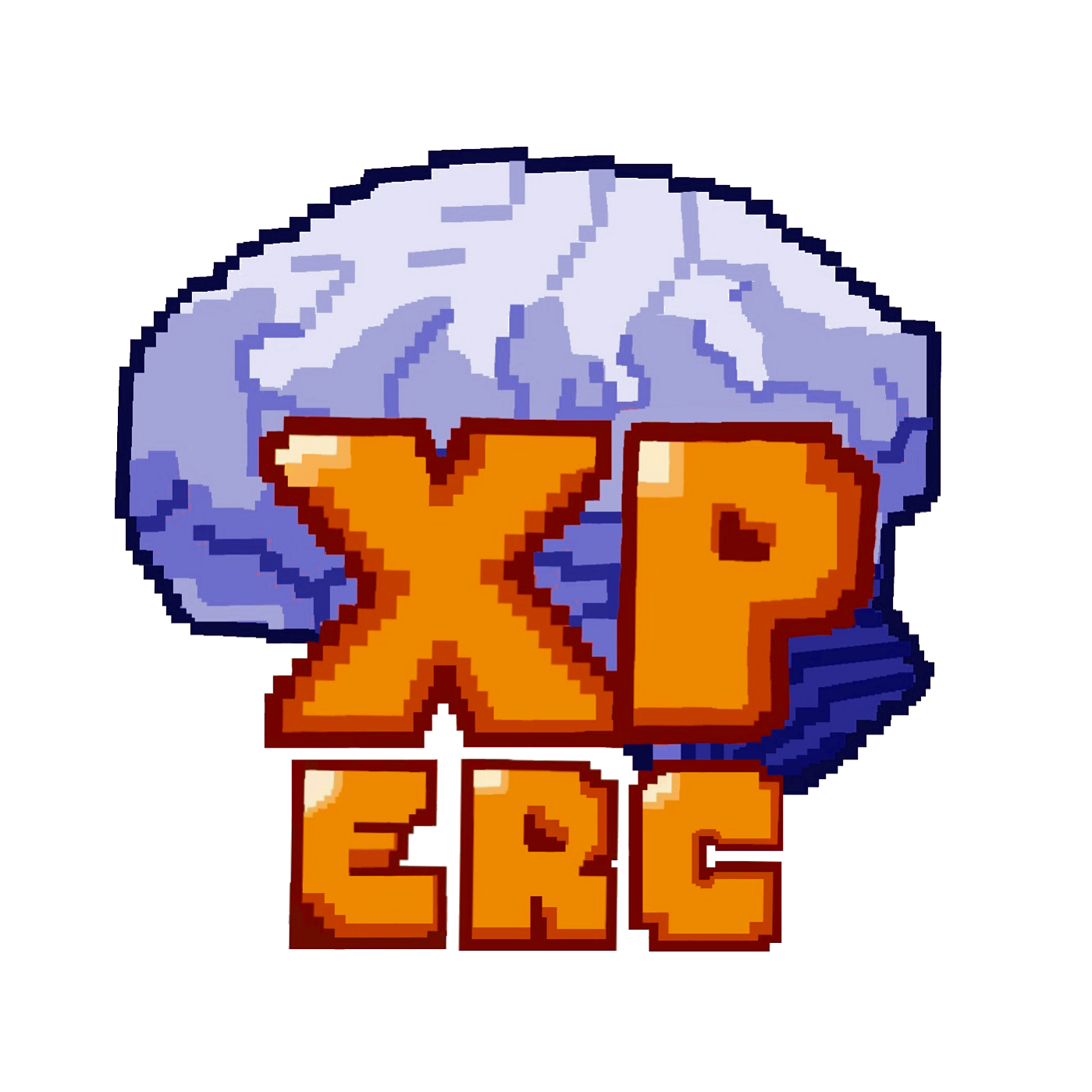OPENING OF A PhD POSITION AT THE CO3 LAB @ ULB
The Consciousness, Cognition & Computation Group of the Center for Research in Cognition & Neurosciences at the Université libre de Bruxelles seeks applicants for aPhD position funded under the EXPERIENCE Advanced Grant from the European Research Council (ERC, Project number 101055060 — EXPERIENCE) awarded to Axel Cleeremans.
EXPERIENCE (https://erc-xp.ulb.be/) is an ambitious, five-year project dedicated to addressing a fundamental question in the broad domain of consciousness science: Why would we do anything at all if the doing was not doing something to us? In other words: What is consciousness good for? Reversing classical views according to which subjective experience is a mere epiphenomenon that affords no functional advantage, EXPERIENCE proposes that the core function of phenomenal experience is to enable subject-level valuation: “What it feels like” is endowed with intrinsic value. Thus, it is only in virtue of the fact that conscious agents experience things and care about those experiences that they are motivated to act in certain ways and that they prefer some states of affairs vs. others. Conscious experience functions as a mental currency of sorts that makes it possible for agents to compare vastly different states of affairs in a common subject-centred mental quality space — a feature that explains that consciousness is unified. EXPERIENCE will address the “why” question of consciousness by pursuing a rich interdisciplinary program rooted in integrative philosophy of mind and in innovative cognitive neuroscience methods applied to the interactions between affect and consciousness in perception and action. The project is articulated over four work packages, each addressing a specific claim: (1) Subjective experience has intrinsic value, (2) The phenomenal field is valenced, (3) All intentional action is motivated by subjective experience & (4) Subjective experience has functional effects. EXPERIENCE promises to question entrenched distinctions and to move the scientific approach of consciousness a step closer to what we all know: That subjective experience matters. In fact, in many respects, it is the only thing that matters, as without it, life would simply not be worth living.
For further background on the ideas behind this project, applicants are invited to consult this open-access article.
The PhD position will involve developing the empirical aspects of EXPERIENCE with the PI and in coordination with the existing EXPERIENCE team, currently consisting of two post-docs and two Ph.D. students (please consult this website for details). The successful applicant will primarily be involved in managing Work Package 3, which is dedicated to testing the hypothesis that motivation requires conscious awareness, and involve designing and conducting relevant behavioural experiments.
Successful applicants will hold a master’s degree or equivalent in psychology, neuroscience, cognitive science or a related field.
The candidate will have excellent knowledge of English. Basic knowledge of French is a plus. The Ph.D. position will be funded for four years and is remunerated according to Belgian Ph.D. standards (approx. 22K € / year net, as well as social security benefits).
Successful applicants will join the extant CO3 lab (about 14 members) and join the EXPERIENCE team, currently consisting of three PhD Candidates and two postdoctoral researchers.
Applications will continue to be examined until the positions are filled. Starting dates can range from January 2024 to February 2024, but preference will be given to qualified applicants who can begin on January 2nd, 2024.
Informal enquiries accompanied by a CV and a short statement of interest may be sent to Axel Cleeremans (axel.cleeremans@ulb.be) with the following subject: ARE YOU EXPERIENCED?
***
About the Center for Research in Cognition & Neurosciences of the Université Libre de Bruxelles:
The CRCN unites five teams active in these different domains: The Consciousness, Cognition & Computation Group (CO3, directed by Axel Cleeremans); the Neuropsychology and Functional Imaging Research Group (UR2NF, directed by Philippe Peigneux and Charline Urbain); the Laboratoire Cognition Langage et Développement (LCLD, directed by Fabienne Chetail); the Unité de Recherche en Neurosciences Cognitives (UNESCOG, directed by Régine Kolinsky) and the Action Bias & Control Group (AB&C, directed by Wim Gevers). Together, the five teams represent about 60 active members who collectively explore a wide range of research topics. The CRCN organises its activity in close collaboration with the ULB Neuroscience Institute (UNI), of which it is a component. The research activity of the CRCN is focused on different domains of the cognitive neurosciences, in particular: The study of consciousness and of the differences between conscious and unconscious processing, the study of memory consolidation processes and of sleep, the study of learning mechanisms, in particular as they take place in spoken language and in reading, and the study of cognitive control. In many cases, our approach combines behavioural experimentation, imaging methods, and clinical research. The CRCN benefits from a state-of-the-art technical platform which, in addition to numerous individual or collective testing booths dedicated to behavioural experiments, includes (1) an electroencephalography (EEG) and electromyography (EMG) lab, (2) a Near Infrared Spectroscopy (NIRS) platform, (3) a dedicated babylab, (4) an eye-tracking platform, and (5) a dedicated sleep lab (forthcoming in 2015). Thanks to the ULB Neuroscience Institute, the CRCN also enjoys privileged access to the imaging platform of the Laboratoire de Cartographie Fonctionnelle du Cerveau (LCFC) at the Erasme University Hospital. This includes a 3T fMRI scanner, a magnetoencephalography (MEG) platform, and a Positron Emission Tomography (PET) scanner.
